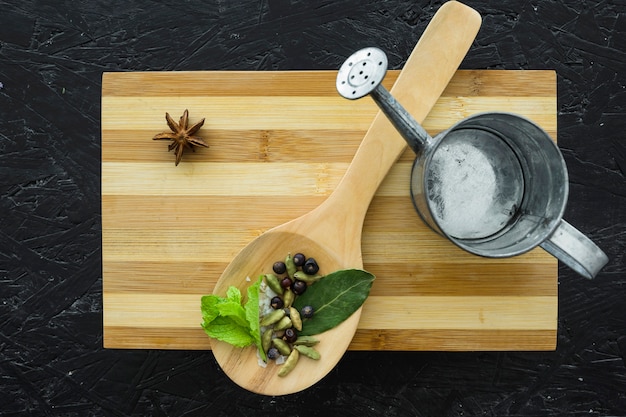
I’ve heard people say that “gardening is cheaper than therapy, and you get tomatoes.” There’s actually some solid science backing the health benefits of gardening, which might also explain why gardeners tend to live longer.
Apart from the obvious perks, like enjoying fresh produce and spending time outside, gardening offers less known benefits. The soil contains probiotics, and being outdoors helps you soak up more Vitamin D from the sun. Plus, working with the soil has been scientifically shown to reduce stress. Kids need dirt to boost their immune systems, and overusing antibacterial soaps has led to a deficiency in key probiotics.
The best part is, whether you have a small container garden on your patio or a full organic garden, you can reap these benefits with just a few minutes of gardening each day.
With rising food prices and limited quality food choices, I suggest we take a cue from our grandparents and start a Victory Garden. It’s a great way to access fresh produce and cut down on monthly food expenses.
Over the years, I’ve relied on an inexpensive and effective method to boost our garden’s yields without spending on costly fertilizers—compost tea. It’s essentially a nutrient-rich liquid boost for your plants, and it’s easy to make using either homemade or store-bought organic compost.
Think of compost tea as a probiotic and multivitamin for your plants. It’s a liquid extract made from compost and water containing beneficial microorganisms and nutrients that enhance plant growth and can even deter pests and disease.
The soil naturally hosts a wealth of beneficial organisms, but not everyone knows how diverse soil bacteria can be. Compost tea supports this natural diversity. It’s a simple homemade fertilizer offering many garden benefits:
Compost tea nourishes both plants and soil, promoting faster growth and yielding robust plants. Over time, it enriches the soil, delivering cumulative benefits year after year.
Compost tea helps plants resist diseases and pests, reducing the need for toxic chemicals. It’s an affordable alternative to harmful garden chemicals and is safe for pets, wildlife, and insects.
Similar to how beneficial bacteria in humans support health, the right balance of bacteria in plants can help them fend off disease and pests. The microorganisms in compost tea outcompete harmful microbes, giving plants a fighting chance against pests.
As mentioned, compost tea acts as a plant probiotic, offering a concentrated source of essential organisms. It boosts soil nutrient levels and enriches the soil microbiome.
To make compost tea, you don’t need exact measurements—a rough 8:1 water to compost ratio works fine. You can prepare it in a large five-gallon bucket or upscale to a 40 or 50-gallon barrel for larger gardens.
Ensure the compost used is properly composted to avoid introducing harmful bacteria. Homemade compost should be broken down for at least a year or reach at least 150 degrees for several days. Most organic store-bought composts are correctly prepared. Before applying compost tea to plants, check for any unusual odors or bubbling, which could indicate harmful bacteria. Personally, I use compost tea early in the growing season and ease off before harvest.
Do you garden? Have you ever tried using compost tea to boost your garden’s growth?

